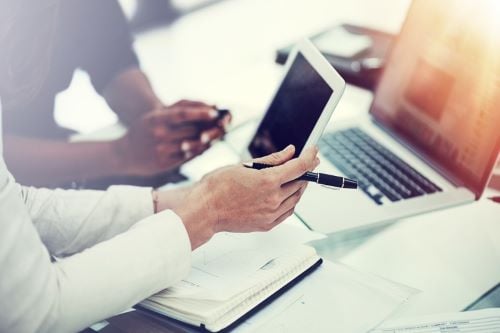

While businesses have struggled significantly over April and May, the true economic impact of COVID-19 is expected to be felt over this year’s second and third quarters – and according to Abbott Insurance, this is when clients will benefit most from financial advice and planning.
Chief executive Mark Reid says that, as an insurance brokerage, Abbott’s job will be to guide clients through tough times and ensure that their assets are protected against as many insurable risks as possible. He says that customers will also likely be more discerning around where they get their financial advice, and being “small enough to care” will remain a core value of the growing firm.
Read more: Brokerage Abbott on a growth spurt
“We know clients are more demanding during times of economic uncertainty, and rightly so,” Reid said.
“They want to know that every dollar is working for them, and that advisers have their best interests at heart and are actively working on their behalf. That’s the beauty of having a service-led, partnership proposition – it separates the wheat from the chaff in terms of client delivery.”
“Generally, consumers are likely to shop around during times of hardship or economic uncertainty, especially if they suspect they are not receiving the professional advice with the level of care they deserve,” he explained. “We see this as an opportunity for companies like ours that are big enough to count, but small enough to care.”
When it comes to recovery, Reid says it will be all about helping clients through the ‘reset’ of their business and lifestyle. He says Abbott will maintain a “partnership model” with clients, and will offer a broad perspective that reaches beyond just insurance.
“When it comes to brokers like Abbott, the value-add is the partnership model we have with clients,” Reid said.
“It means we can be another reference point for clients, not only about risk and insurance, but also about the trends we’re seeing in various industries, across the regions. We become connectors of people and ideas, contributing to networks that will support the recovery as we collectively find new and better ways of doing things.”
